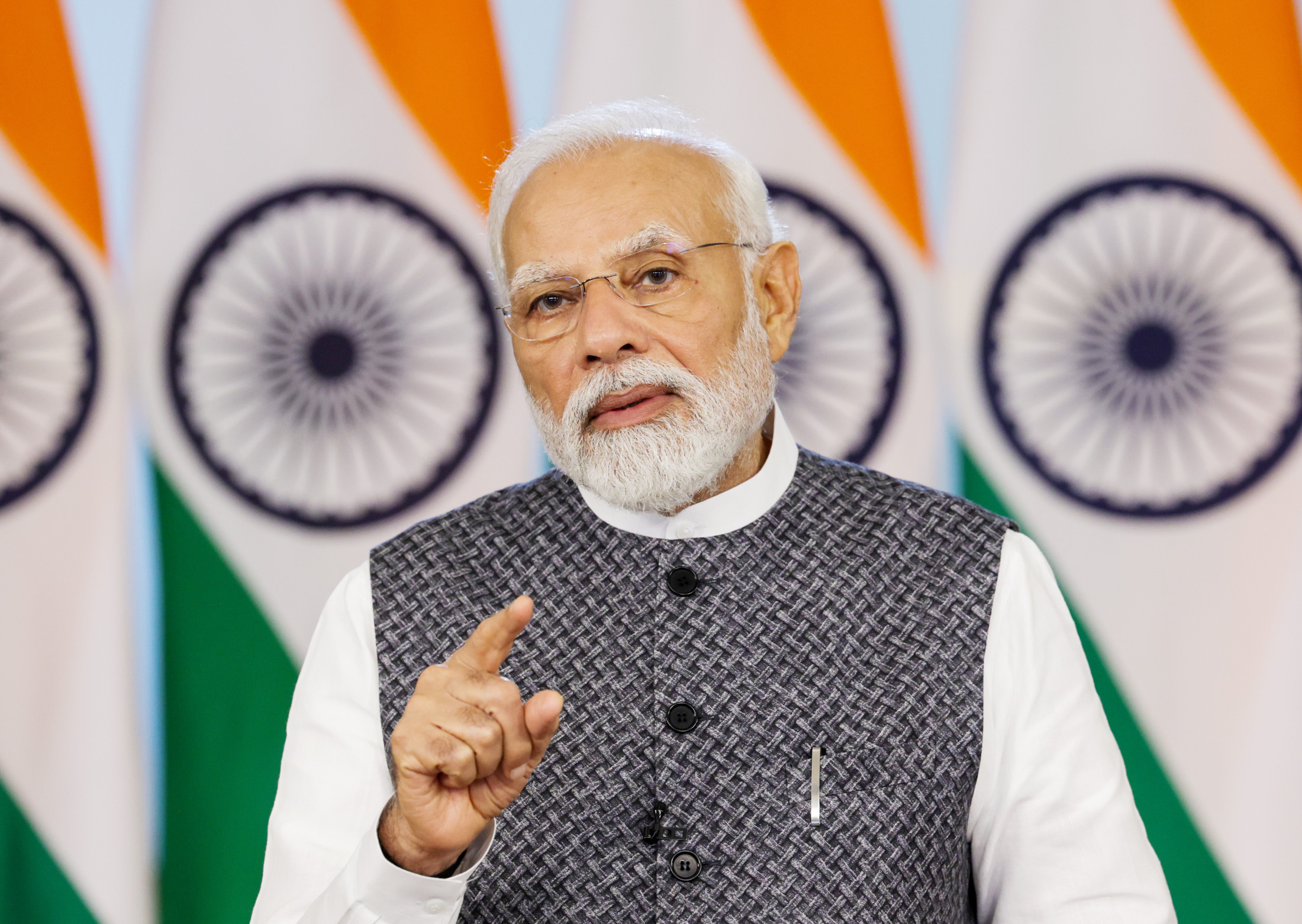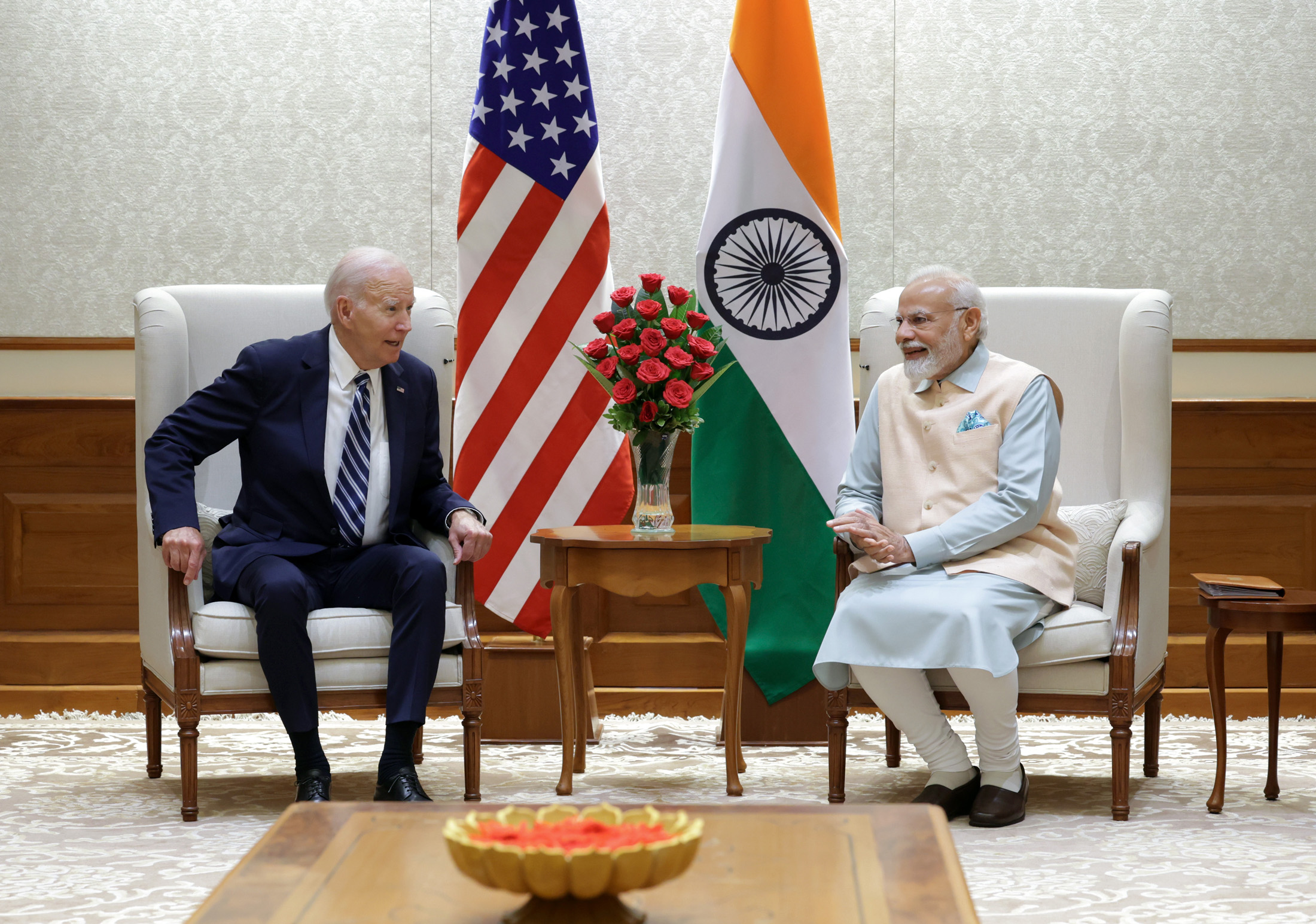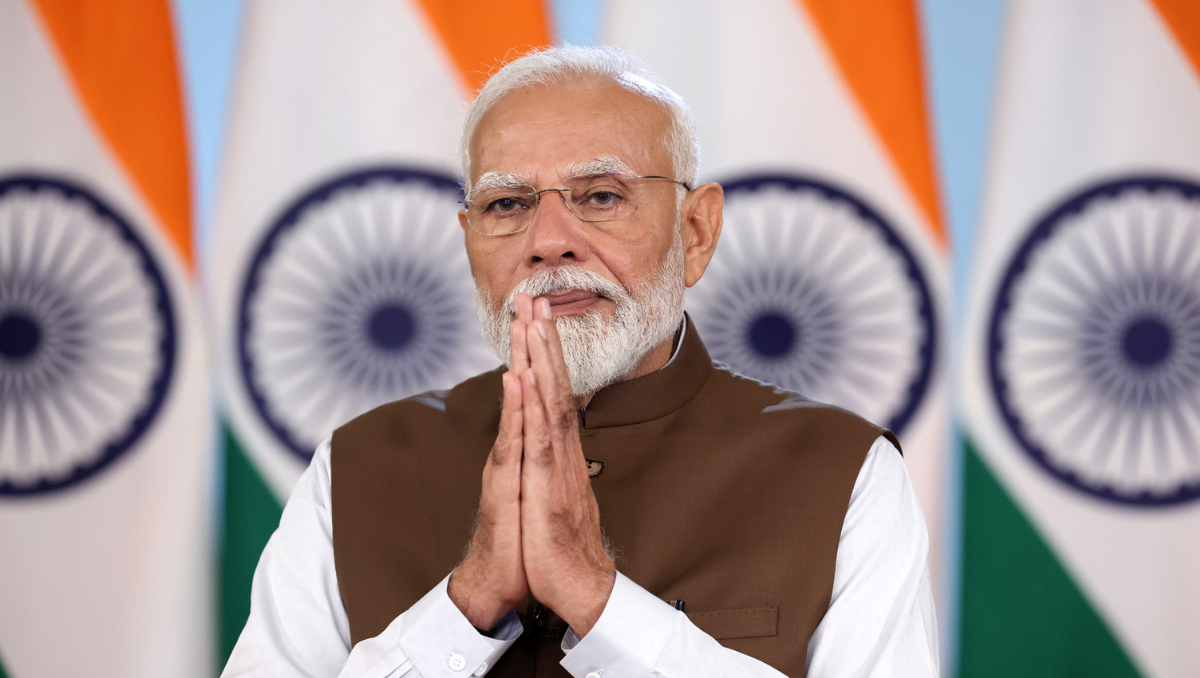During a recent event at the Economic Club of New York, Jamie Dimon, Chairman and CEO of JP Morgan Chase, took the stage to not only discuss global financial trends but to also highlight transformative leadership. His focus was on Indian Prime Minister Narendra Modi, whose policies and governance style Dimon described as both effective and inspirational. This notable endorsement from a titan of the banking industry underscores the significant global interest in India’s rapid development and governance under Modi’s administration.
High Praise for Narendra Modi’s Governance
Jamie Dimon delivered high praise for Indian Prime Minister Narendra Modi during his speech at the luncheon held on Tuesday. Dimon highlighted the significant strides India has made under Modi’s leadership, particularly noting the extensive efforts in poverty alleviation and infrastructural development that have transformed the nation’s landscape.

In a detailed address that touched on global financial trends and geopolitical risks, Dimon did not shy away from lauding Modi’s ambitious reforms which have reportedly lifted around 400 million Indians out of poverty. His observations spanned various sectors, from bureaucracy reforms to sanitation initiatives like the ‘Swachh Bharat Abhiyan’, aimed at providing essential facilities to every household in India.
JP Morgan CEO Jamie Dimon’s Criticisms of the Liberal Press
During his speech, Dimon criticized the liberal press in India, which he feels often overlooks the country’s achievements under Modi’s administration. He expressed frustration over the tendency of foreign governments to lecture India on issues like climate change and labor rights, pointing out the irony of such lectures when millions in the country still lack access to basic amenities.

Financial Inclusion and Infrastructure Milestones
The CEO went on to praise India’s progress in financial inclusion, mentioning the creation of approximately 700 million new bank accounts that have ensured financial access for a significant portion of the Indian population. This move, according to Dimon, exemplifies the kind of systemic change that can streamline governance and reduce corruption.
He also commended India’s advancements in education and infrastructure, which he described as “remarkable.” The country’s push towards digital identity verification and the integration of technological innovations in banking were highlighted as key drivers of these sectors’ successes.
A Call for U.S. to Learn from India’s Example
Concluding his speech, Jamie Dimon reflected on the need for similar bold reforms in the United States. He pointed out that India’s method of streamlining varied state tax systems—which he compared to managing different countries within Europe—demonstrates a commitment to tackling corruption and bureaucratic inefficiency head-on.

Dimon’s comments came shortly after the International Monetary Fund’s latest report, which projects India as the fastest growing major economy in 2024, with an expected growth rate increase from 6.5 percent to 6.8 percent. This affirmation from a global financial authority underscores the significant economic strides India has made under Modi’s stewardship.
Dimon’s admiration for Modi’s tough yet transformative governance style was clear as he called for a hint of Modi’s determination in the U.S. to break through bureaucratic inertia and promote more effective governance. His perspective as a global banking leader adds weight to the discussion on the impact of strong leadership in national progress and development.
Conclusion: A Global Perspective on Leadership and Development
The accolades from a seasoned financial leader like Jamie Dimon underscore the global recognition of India’s developmental leaps under Prime Minister Modi. Dimon’s call to emulate aspects of Modi’s leadership style in the U.S. reflects a broader admiration for policies that yield tangible results. As nations around the world grapple with internal and external pressures on economic and infrastructural fronts, the model of decisive leadership and ambitious reform demonstrated by Modi could serve as a blueprint for others. Dimon’s observations suggest a growing appreciation for governance that combines practical economic strategies with progressive social policies, highlighting a path that other world leaders might consider for their own domestic challenges.



